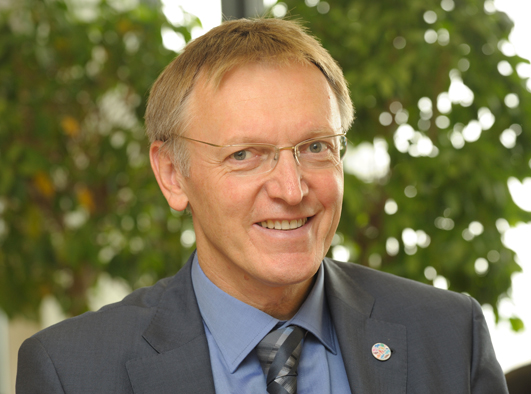European Commission pledged that members have to recycle 70 percent of their municipal waste and 80 percent of packaging waste by 2030, and stop burying recyclable waste in landfill from 2025.
The Commission adopted proposals to boost recycling in the Member States of EU. Achieving a new waste target would create 580.000 new jobs, reducing demand for costly resources. The proposals will implement lower environmental impacts and reduced greenhouse gas emissions.Reducing marine litter along with food waste reduction are other objectives.
In a circular economy, re-use, repair and recycling are normal process with zero-waste production. Using materials for long, reusing with improved efficiency will improve EU competitiveness on the global stage. This approach explains how innovation for recycled materials, business models, eco-design and industrial symbiosis makes a zero-waste economy.
Janez Potocnik, environment commissioner, argued, “To compete, the resources should be recycled back into productive use. Moving to a circular economy is profitable which can made possible with right policies. The 2030 target means taking action today to accelerate towards a circular economy.”
Research and innovation are the keys to success for the Circular Economy. The new Horizon 2020 programme will contribute the strategies to shape up a resource-efficient, green and low-carbon economy in the EU.
A framework will be designed to evolve a circular economy with inter-linked policies, smart regulation and active support from research and innovation. This will unlock investment while promoting a role for business and participation by consumers. The resource productivity should be measured on the basis of GDP/Raw Material Consumption, and that an improvement of 30 percent by 2030 could be a headline target in the forthcoming review of the Europe 2020 Strategy.
The waste legislation will be simplified, and co-operation between the Commission and Member States will be stepped up to ensure better implementation. Minimum operating conditions for extended producer responsibility schemes will be laid down. Tailor-made approaches will be implemented for specific waste streams.
editor@greentechlead.com


